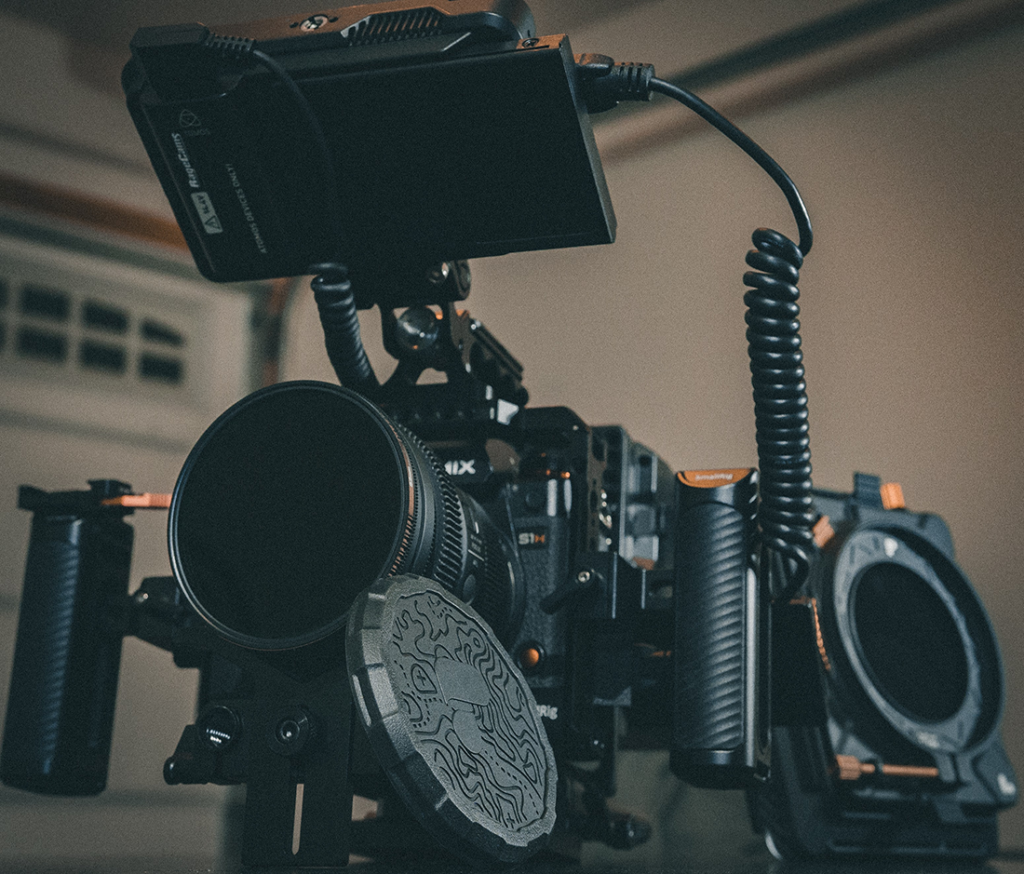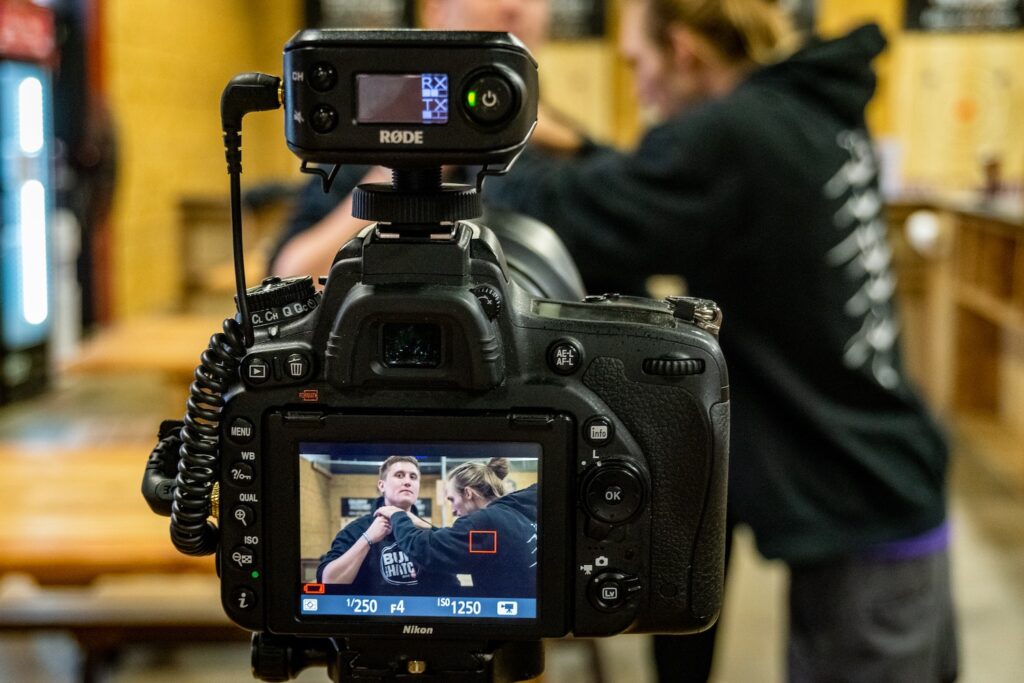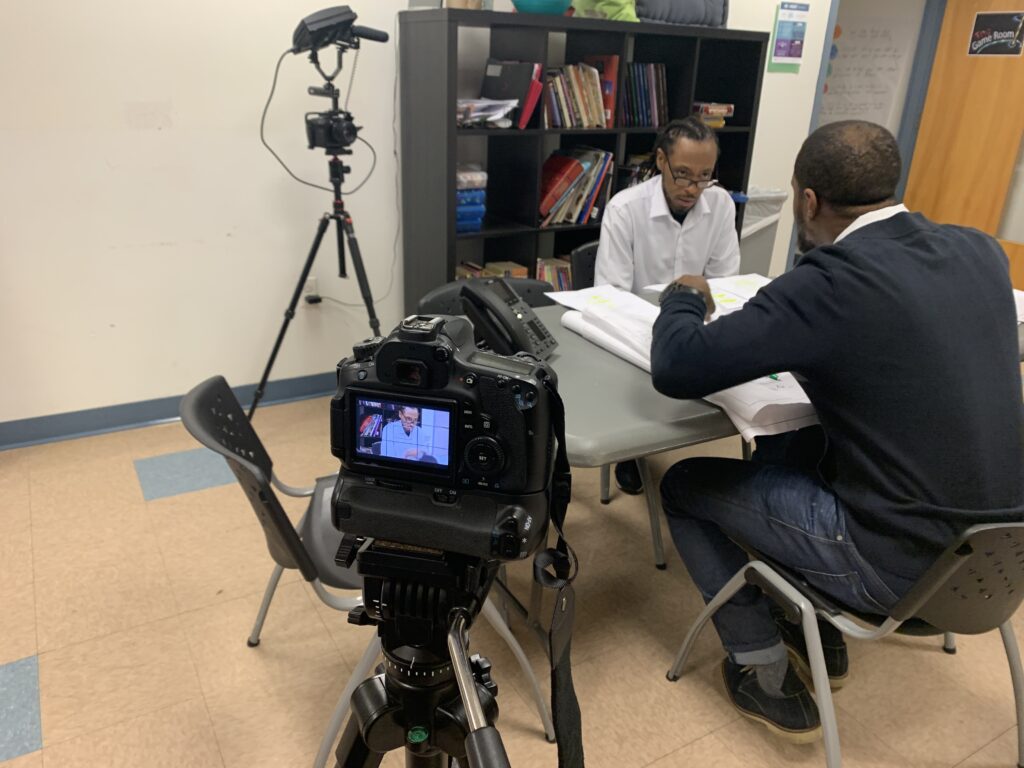
Are you interested in knowing about film production?
If you happen to have prior knowledge of what goes into film making, you will know that there are several stages that a film goes through to reach completion. Film production is one lengthy and multi-step production process that may, in some instances, take a few years to complete. As an independent filmmaker, you should learn each phase: development, pre-production, post-production, and distribution.
So let’s look at the 5 stages of filmmaking in detail:
Stage 1: Development
Every film has to undergo the first step of film production that is the ‘development stage.’
This initial stage encompasses coming up with the primary film idea, writing the story, going over multiple script drafts, and finalizing the project’s financial logistics. Auditions are arranged to finalize the cast, and the shooting locations are also decided. This is the movie production stage when directors and writers are actively involved in creating storyboards to convince producers to finance their venture. Procuring rights to any digital media revised for the film is also a part of this phase.
The development phase improves chances for an idea to be made into a film, but it does not guarantee it. Often, many projects do not get past the development phase, especially if they do not raise finances.
So how long does the development stage last?
It all comes down to the type of film you are making and how quickly you can organize everything to start the practical work. Once all the logistics are worked out, the film’s development can take a few months to a few years, depending on the project’s scope and film making speed.
Stage 2: Pre-Production
When a film gets out of the development stage, you can’t start filming right away; the production process must go through a pre-production stage. Although the cameras have not yet started rolling, this stage is as important as the filming.
Once you get the green light for starting, you will establish or contact a production company and set up a production office. This is the place where all your film’s planning will take place.
- This filmmaking stage involves finalizing the cast, locations for your shoot, the script, and working out the final production budget.
- During the pre-production stage, you will acquire essential members such as assistant directors, director of photography, and unit production managers for your team.
- Crew members will be hired, sets and costumes will be created, and local permissions will be acquired to film at different locations.
- You will also work out your shooting schedule and finalize the equipment needed before making it to your film set.

Stage 3: Production (The Film Stage)
Now the film is ready to move into the production stage, usually the shortest and quickest filmmaking stage. It is also known as principal photography and is the stage when the actual film shooting starts.
- In this short-lived time, the extra crew is hired, such as a script supervisor, to look into the script’s continuance during the filming process. You may also hire a property master to overlook and acquire props that are needed for the film.
- The costume, makeup, and hair departments will look after the actors’ visual appearances while the actors will be busy rehearsing their scenes.
- The production coordinator will ensure that every department has the resources necessary to stay on track.
- All the necessary footage will be captured by the camera operators, who will follow the cinematographer and director’s instructions.
How long the production phase lasts depends on different factors like the film length or the number of locations.
During this filmmaking stage, the sound and picture editors are hired to choose the best takes and assemble them in a proper sequence to get a rough cut by the time filming ends.

Stage 4: Post-Production
As mentioned before, post-production takes place in conjunction with the filming process as soon as the first scene is filmed. Post-production is crucial because no one will like a dull, rough-cut version without any effects or music, whether it is digital media or film.
When the film’s footage is edited, music is composed, the visual effects are included, and the titles are sorted.
For footage to develop into a film, it needs to pass through a stage of post-production successfully. Among them, editing is an extremely vital part of filmmaking as the editors are responsible for giving the film proper momentum. If the plot develops too fast or the film drags, all the blame can fall on bad editing.
As sound designers, editors, composers, and effects artists don’t have to always be on call; they can easily do their job at studios. They can even draw attention to any issues during the filming that may come in the way of them doing their job with finesse.
The post-production stage can aid in ensuring that the filmmaker’s hard work is actually paying off. You can witness the raw footage getting refined and looking like a real movie. No doubt this production process stage is challenging, but it is worth the effort.
Stage 5: Distribution
The last and final stage of film production is film distribution, which is vital to make a profit.
A studio can demand a re-shot or postpone for a while if it is not happy with the final cut. A filmmaker must have a sensible approach to distribution for success and realize that it will take time to move no matter how good the film.
With so many mediums to choose from, there are several possibilities. However, the type of distribution a film gets largely depends upon its quality and the studio or movie producer’s pull.
5 Stages of Production
Whether you are planning on embarking on a filmmaking venture or are merely intrigued by how a film reaches its distribution phase, we are sure you are well acquainted with the 5 stages of production.
Whether it’s the development stage or the film’s distribution, each stage is just as important as the other to ensure a smooth production process and the final success.

